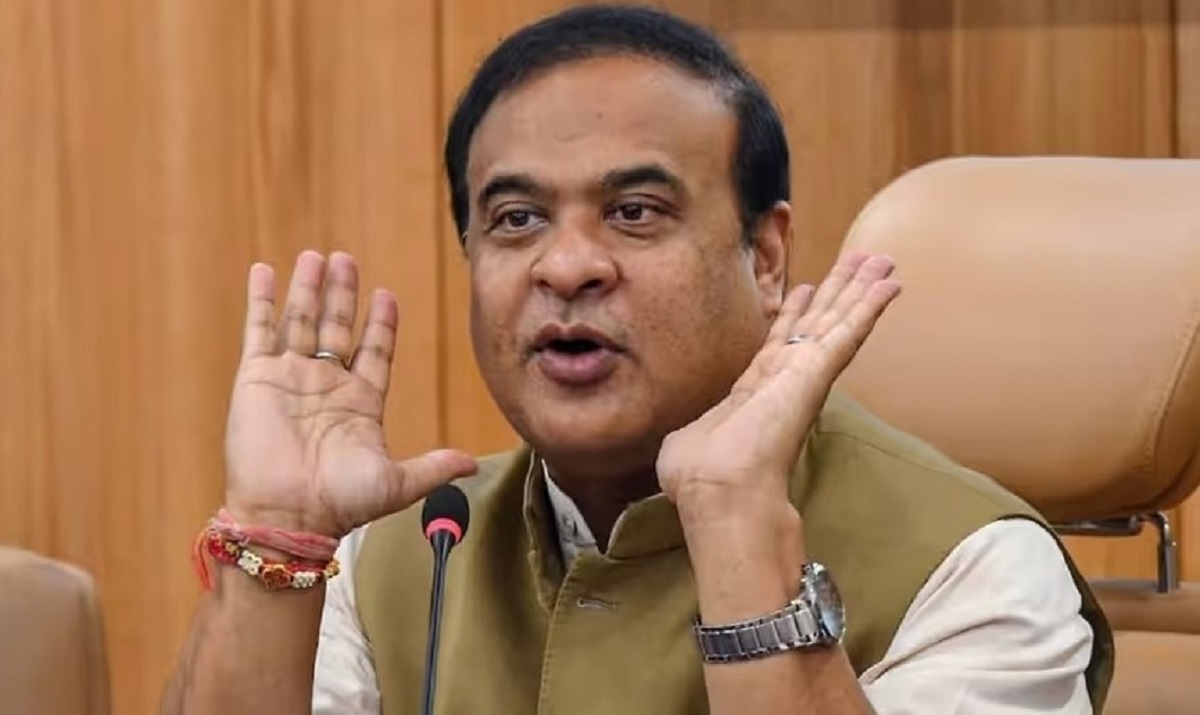The Assam Assembly on Thursday passed amendment Bills granting the state governor authority to take charge of seven autonomous councils if elections are not held within the mandated timeframe. The move aims to ensure administrative continuity in case of delays in the electoral process. The amendment Bills, introduced by Assam’s Tribal Affairs Minister Ranoj Pegu, pertain to the Mising Autonomous Council, Bodo Kachari Welfare Autonomous Council, Thengal Kachari Autonomous Council, Deori Autonomous Council, Sonowal Kachari Autonomous Council, Rabha Hasong Autonomous Council, and Tiwa Autonomous Council. Under the existing provisions, the term of an elected council is five years, with the possibility of a one-year extension. However, Pegu explained that complications arise when elections remain unfeasible even after the extended period. “These amendments have been introduced to address situations where elections cannot be conducted within the stipulated time,” he stated.
According to the amendment, if the governor is convinced that elections cannot be held due to “impractical circumstances,” they can assume the powers and functions of the councils. The governor may also appoint an interim body or an individual to oversee operations until elections take place. The opposition strongly opposed the amendments, raising concerns over their impact on the autonomy of these councils. Leader of the Opposition Debabrata Saikia of the Congress argued that the government could have addressed the issue through an ordinance instead of altering the existing Acts. Congress MLA Abdur Rasheed Mandal warned that the amendments would weaken the councils and allow the governor to take direct control. AIUDF legislator Rafiqul Islam pointed out that the Bills do not specify a time limit for the governor’s control, while Independent MLA Akhil Gogoi suggested that elected bodies should be given temporary powers instead of allowing direct gubernatorial intervention.
In response to the opposition, Minister Pegu cited the example of the Bodo Kachari Welfare Autonomous Council, which was formed in 2020. He explained that its creation required a delimitation process, which affected the jurisdiction of other councils. The ongoing adjustments have delayed elections, necessitating the new amendments.He reassured that the government remains committed to timely elections, mentioning that the voter list for the Rabha Hasong Autonomous Council has already been published, while preparations for other councils are expected to begin by September or October. Additionally, an amendment specific to the Tiwa Autonomous Council increases the number of constituencies by two, raising the total seats in the general council to 42. Out of these, 38 will be elected, while four will be nominated from underrepresented communities.




